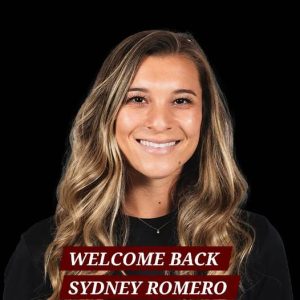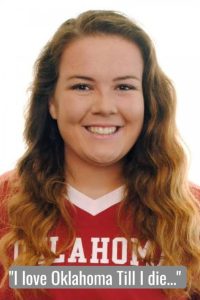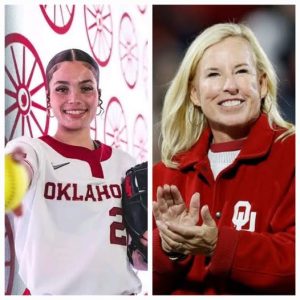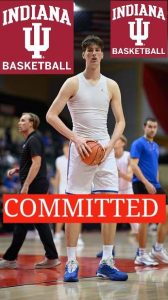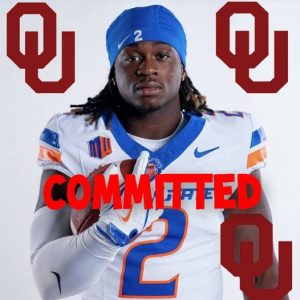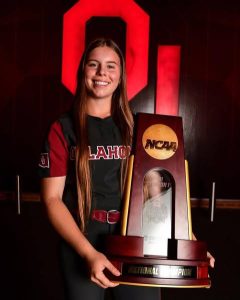
Cooper Flagg has always embraced the spotlight, but now, it’s brighter than ever. With his freshman season at Duke officially in the books and the NBA Draft rapidly approaching, the basketball world is holding its collective breath, waiting to see what the generational talent from Maine will decide. Will he declare for the 2025 NBA Draft, where he’s widely projected to go No. 1 overall? Or will he return to Durham for one more season, chasing a national title and further etching his name into the college basketball history books?
Flagg’s decision is more than just a basketball move. It’s a choice that carries implications far beyond Cameron Indoor Stadium or the Barclays Center stage where Adam Silver will announce the first pick this summer. This is the kind of fork-in-the-road moment that can shape a career—and perhaps redefine what it means to be a modern basketball star.
At just 17 years old when he began his Duke journey, Flagg arrived with sky-high expectations, and somehow, he managed to exceed them. He wasn’t just good—he was transcendent. His length, instincts, shooting touch, and defensive prowess immediately stood out. From day one, he looked like a player who didn’t just belong at the college level but someone who was merely passing through on his way to NBA stardom. He averaged 20.1 points, 9.8 rebounds, 3.1 blocks, and 2.7 assists per game—historic numbers for a freshman, and particularly for one shouldering the kind of pressure and attention rarely seen since the days of Zion Williamson or Anthony Davis.
Yet for all his dominance, there’s still an aura of mystery surrounding Flagg. Not in terms of his game—that much is crystal clear—but in terms of how he views the path ahead. He’s fiercely competitive, intensely private, and clearly values the development and relationships he’s found at Duke. Despite the millions on the table, despite the obvious stardom waiting in the NBA, he has not yet made the leap. That hesitancy—or perhaps strategic patience—has only fueled the debate.
Sources close to the program indicate that Flagg has been in deep conversations with Duke head coach Jon Scheyer and his family over the past few weeks. While many assumed Flagg would be a one-and-done from the moment he committed, insiders say there’s a very real possibility he returns for a sophomore campaign. It wouldn’t be without precedent—players like Armando Bacot, Hunter Dickinson, and Oscar Tshiebwe have turned down the draft in favor of another year in college, drawn by NIL opportunities and the promise of legacy.
But Flagg is not just another college player. He’s a unicorn. A one-name talent. A player whose combination of IQ, explosiveness, and polish has already led multiple NBA executives to call him “franchise-altering.” His defense alone is NBA-ready, and his offensive game continues to evolve at a scary pace. “He could step into a starting lineup in the league right now and not look out of place,” one Western Conference scout said. “That’s how good he is. And he’s just scratching the surface.”
The stakes for Flagg’s decision are enormous. The 2025 NBA Draft lacks a consensus No. 2 pick. If Flagg opts out, teams may scramble to reassess their entire strategy. His presence alone could shift the trajectory of a franchise like the Detroit Pistons, Portland Trail Blazers, or San Antonio Spurs—teams desperate for a cornerstone. “There are maybe three guys in the last 10 years who had this kind of gravity around a draft decision,” an NBA front office source said. “Wembanyama, Zion, and now Flagg. You wait and you pray.”
Then there’s the NIL element. In years past, returning to school meant giving up millions. Not anymore. Duke’s NIL collective, bolstered by deep-pocketed alumni and national sponsors, can offer Flagg a financial package that rivals an NBA rookie salary. Last month, reports surfaced that Flagg rejected a $7.5 million NIL offer from a rival program—rumored to be Georgia or Notre Dame. That kind of loyalty speaks volumes. So does the fact that he hasn’t ruled out staying in college, even when the NBA would welcome him with open arms and endorsement deals.
Flagg’s emotional connection to Duke can’t be overstated. In interviews, he’s repeatedly cited the bond with his teammates, the mentorship of Scheyer, and the energy of the Cameron Crazies as some of the most meaningful aspects of his experience. “This place feels like home,” Flagg said after Duke’s Elite Eight exit in March. “There’s nothing like putting on that jersey. Nothing.” Those words don’t sound like someone eager to bolt, though they could also reflect the bittersweet nature of a farewell.
The Blue Devils are already working to reload for next season, and Flagg’s return would instantly make them a national title favorite. Duke has landed a top-5 recruiting class, including multiple 5-star prospects who could benefit from Flagg’s leadership and gravity. With him back, Scheyer could orchestrate a Final Four run and potentially hang banner No. 6 in the rafters. That’s the kind of unfinished business that might tug at Flagg’s competitive heart.
Still, no one would blame him for making the jump. It’s not just about the money—it’s about maximizing the window of greatness. The NBA is a different animal, and the sooner Flagg acclimates, the faster he can establish himself among the league’s elite. For a player with All-NBA upside and Defensive Player of the Year potential, waiting another year may delay the inevitable.
Yet there’s something poetic about a star who doesn’t sprint toward the pros just because he can. Flagg’s journey has always been intentional. He chose Duke over the G League, over overseas options, and over fast-track fame. He’s surrounded himself with the right people and taken steps that prioritize development and maturity over quick cash or viral moments. That’s rare. That’s special.
NBA GMs are watching every move, parsing every quote. Draft boards are frozen in anticipation. The sports media cycle is dominated by speculation. And still, Flagg remains silent—at least publicly. That quiet confidence has become his calling card. He doesn’t need to tell the world how good he is. He just plays. He dominates. And he lets the rest speak for itself.
This decision will not define him—his game already has. But it could be the inflection point that sets the tone for the next decade of basketball. Whether he wears Duke blue for one more ride or trades it in for an NBA jersey, Cooper Flagg will be the name on every scout’s lips and every fan’s mind.
And when he finally does speak, the basketball world will be listening.
